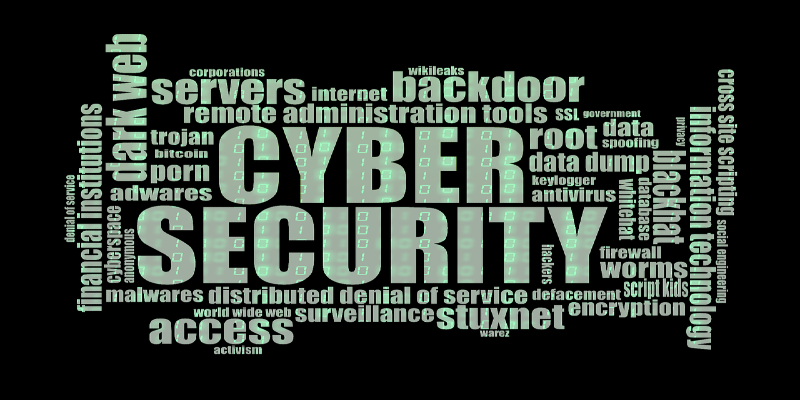As organizations today expand their digital footprint and adopt more technologies, their attack surface area also expands. The increased use of personal devices has left security professionals with even more endpoints to manage and secure. This has made it necessary for everyone to learn how to protect themselves and their organization.
As part of Cybersecurity Awareness month in October, Microsoft Security lists down 3 tips that we can all take to #BeCyberSmart:
- Protect your Passwords:
Passwords are our first line of defense against unauthorized access to accounts, devices, and files. However, the average person now has more than 150 online accounts and password fatigue is always a danger. Some tips on how to protect your passwords include:
- Use your browser’s password generator to create stronger passwords.
- Avoid accessing personal and financial data using a public wireless network.
- Use a password manager or consider going password less.
- Keep your Devices and Software safe:
Unpatched, out-of-date devices and software are a leading access point for cybercriminals. That’s why practicing good cyber hygiene is so important for avoiding destructive malware that can steal users’ personal information. To help keep your devices safe:
- Enable the lock feature on all your mobile devices.
- Activate multifactor authentication on your sensitive apps and accounts.
- Run antivirus software and install system updates immediately.
- Prevent Phishing:
Deceptive emails, phony websites, fake text messages—these kinds of phishing scams are some of the most common forms of cybercrime. So, how can we avoid taking the bait?
- Check the sender’s email address for verifiable contact information. Common phishing tip-offs include a misspelled or unrelated sender address. If in doubt, do not reply. Instead, create a new email to respond.
- Don’t click on links or open email attachments unless you have verified the sender.
Cybercriminals are persistent and driven, working all day, every day with no days off. That’s why we need to work together on awareness and education year-round and build a culture of cyber defenders. Everyone has a role to play in cybersecurity, and when we learn together, we are more secure together.







